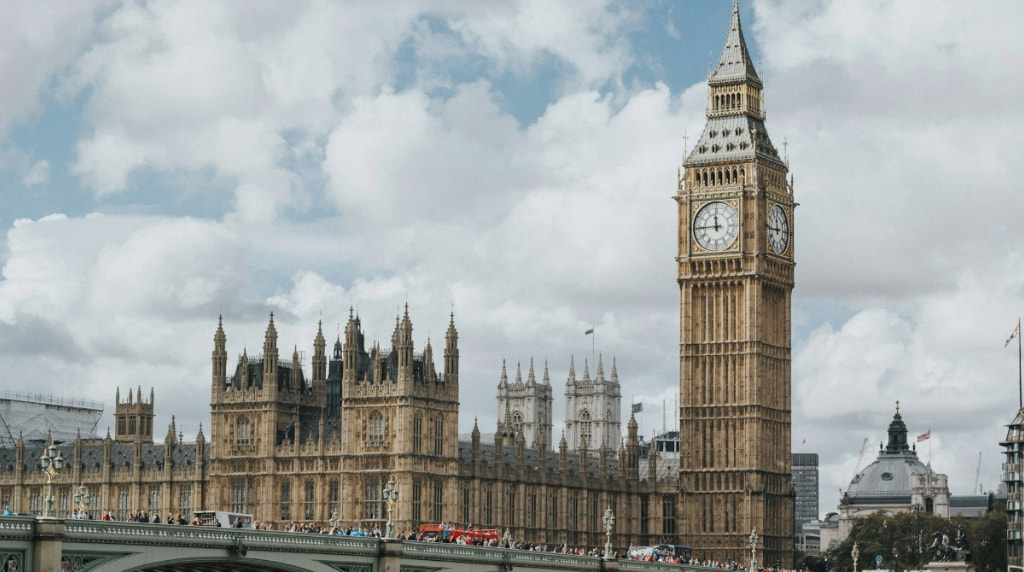Gambling Commission Fines Five Casinos
The Gambling Commission has taken regulatory action against five land-based casinos in the UK, after it uncovered significant failings. On carrying out routine business assessments, the regulator found shortcomings in the casinos’ anti-money laundering and social responsibility structures. All five businesses received fines and their operating licenses are under review.

Much of the money raised from the fines will go towards reducing gambling harms. ©Javon Swaby/Pexels
Casinos Failed Customers
After failing to follow the Commission’s social responsibility and anti-money laundering rules, five British land-based casinos have been slapped with financial penalties. Both Clockfair Limited and Shaftesbury Casino Limited must pay a £260,000 regulatory settlement. Les Croupiers Casino Limited must pay £202,500, while Double Diamond Gaming Limited has been asked to pay £247,000.
A&S Leisure Group Limited has received a warning and a fine of £377,340. The Gambling Commission has also committed to reviewing the operating licenses of all five casinos. The Commission provided further details of the regulatory settlements with each casino through separate public statements.
According to the Gambling Commission, all UK gambling operators have a duty to comply with the law as set out in the 2005 Gambling Act. The three main licensing objectives that casinos should be aware of are preventing crime, ensuring that gambling is fair and protecting children and vulnerable people from harm.
Clockfair Limited trades as the Broadway casino in Birmingham. The regulator found this company guilty of breaching anti-money laundering license condition 12.1.1, as well as social responsibility code provision 3.4.1. These findings were uncovered when the regulator investigated the casino’s handling of eleven customers, following a compliance assessment in 2019.
The Gambling Commission found that Clockfair had failed to identify and interact effectively with customers at risk of gambling harms or that posed a risk of money laundering. In addition to paying a regulatory settlement, the casino operator has committed to improving its policies, procedures and controls.
Similarly, the regulator found the Shaftesbury Casino in West Bromwich, Les Croupiers Casino, Double Diamond Gaming and A&S Leisure Group guilty of breaching the same anti-money laundering and social responsibility codes. All operators have been given clear instructions to improve on their failings. This includes through methods such as boosting staff training, updating record keeping procedures and assessing internal and external reporting processes.
The regulatory settlements that all of the casinos have been asked to pay consist of two parts. The most part of each settlement is in lieu of a financial penalty. These funds will be directed to the National Strategy to Reduce Gambling Harms, a three-year directive set up by the regulator to make gambling safer. A smaller part of each sum is put towards paying off the costs incurred by the Commission’s investigation.
Five-Point Strategy
The Gambling Commission has also just launched its three-year corporate strategy and annual business plan. The business plan, which runs from 2021 to 2022, comes alongside a five-point strategy. The regulator’s main priorities are to protect children and vulnerable people from gambling harms, to make the market fairer and free of crime, to optimize return to the National Lottery’s good causes and to improve gambling regulation.
Announcing the new set of strategies, Gambling Commission chair Bill Moyes explained why the regulator’s mission is now more crucial than ever. After what has been a difficult year for everybody, the UK is gradually emerging from the coronavirus lockdown. According to Moyes:
“Covid-19 has meant a shift in gambling habits and is exactly why the new strategy focusses on protecting consumers from harm, holding operators to account, creating a fairer market for all, and protecting the National Lottery.”
Executive Director of the Gambling Commission, Richard Watson, also explained the reasoning behind the latest fines. For the regulator, it is more important than ever that operators adhere to industry regulations. This is vital for the safety of players, as well as the Commission’s credibility. According to Watson:
“These failings were identified as part of our ongoing drive to raise standards across the whole gambling industry. Every single operator must ensure they are following rules that are in place to make gambling safer and prevent it being a source of crime.”
Regulator Under Pressure
Watson has acted as a spokesperson for the Gambling Commission while it is without a permanent CEO. In a surprising turn of events, former CEO Neil McArthur left the organization in March. Until a permanent CEO is chosen, Deputy Chief Executive Sarah Gardner and Chief Operating Officer Sally Jones will together stand in as Acting Chief Executive.
It was rumored that McArthur’s sudden departure may have been influenced by the Football Index saga, although the regulator has denied this. The Gambling Commission came under fire after the self-styled “stock market of sports” went into administration, taking with it millions of pounds of customer money.
Despite receiving warnings about the conduct of the company in January, the Gambling Commission failed to take action against Football Index before it collapsed. The Gambling Commission has also faced mounting pressure from MPs and campaigners, over concerns for the welfare of gamblers. Some ministers have gone as far as to call for the regulator to be replaced by a new ombudsman.
As an organization that has been accused of being too close to the industry, the Gambling Commission is now taking steps to appear tougher on operator failings. However, critics may still question whether fines like these are enough to stop operators from bending the rules.



